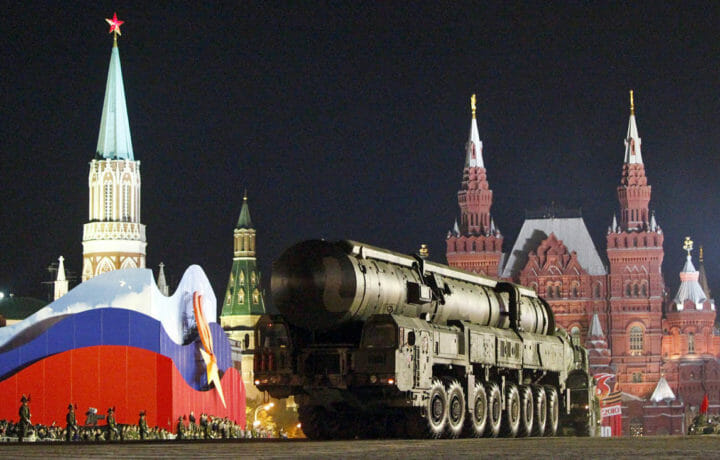When one is observing the world of realpolitik it must sometimes feels similar to watching a tennis match with each side putting the ball into the other’s court. Russia just hit the ball back into the U.S. court with the arrest of U.S. citizen Paul Nicholas Whelan, who they claim to have committed espionage on behalf of the United States.
The Federal Security Service (FSB), Russia’s internal security service and successor organization to the KGB, announced the Dec. 28 arrest of Whelan via a short, crisp press release on their external facing website. Retired Major General of the FSB and member of the Council on Foreign and Defense Policy, Alexander Mikhailov, characterized to Russian media the arrest as a major counterintelligence coup by the FSB in thwarting an unidentified U.S. intelligence operation. Mikhailov stated that in early 2018 the U.S. began receiving less and less information from their Russian sources, and hypothesized that the U.S. was now throwing their citizens into the mix.
The arrest comes amidst ongoing indictments of Russian nationals and intelligence officers by the U.S. Department of Justice. The most recent being the guilty plea on Dec. 20 of Russian citizen Maria Butina for acting as an illegal agent of the Russian Federation in the U.S.
It also follows the Dec. 13 sentencing of Alexei Zhitnyuk who was earlier found guilty spying for the U.S. He was accused of being a source of the Central Intelligence Agency and was sentenced to 13 years in a high-security penal colony.
Access to Whelan by the U.S. State Department
The U.S. State Department said in a statement to media: ‘”We are aware of the detention of a U.S. citizen by Russian authorities. We have been formally notified of the detention by the Ministry of Foreign Affairs. Russia’s obligations under the Vienna Convention require them to provide consular access. We have requested this access and expect Russian authorities to provide it.”
Tit for tat diplomacy?
Realpolitik isn’t unique to the U.S.-Russia relationship. One needs to look to China-Canada to see what one might call the tennis match taking place the next court over. Canada recently arrested the CFO of Huawei (Chinese telecom conglomerate long associated with China’s intelligence and military) as a result of a U.S. request she be obtained for sanction busting on behalf of Huawei with Iran. China protested vehemently and when that didn’t seem to capture the attention of the Canadian government they took a different tact.
Three Canadians have subsequently been arrested. One of whom was arrested for “illegal working,” given an administrative punishment and then expelled (back to Canada). The other two are former diplomat Michael Kovrig, employed by International Crisis Group, and Michael Spavor, a consultant on North Korea. They were detained, separately, on suspicion of “harm to national security.” Additionally, a previously convicted Canadian citizen had their case renewed when the prosecutor appealed that the 15-year sentence was too short. The appeals court agreed.
Stay tuned — just as 2016 was the year of the mega breach, 2019 may be a year when espionage takes center stage.



